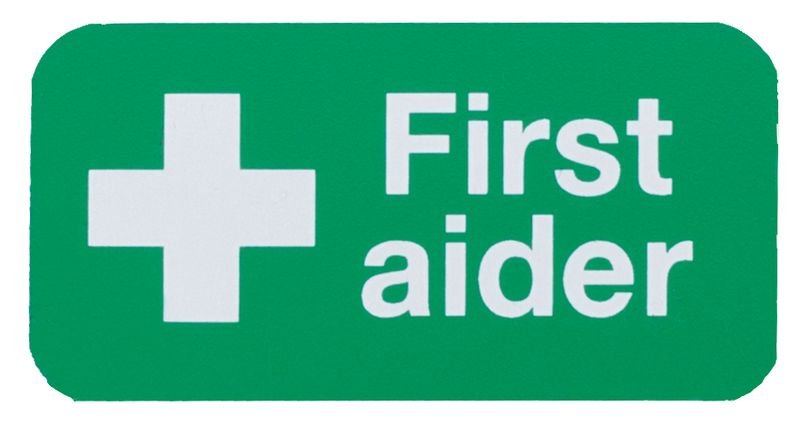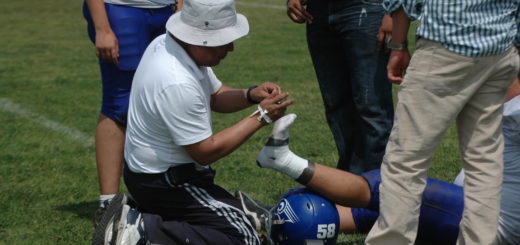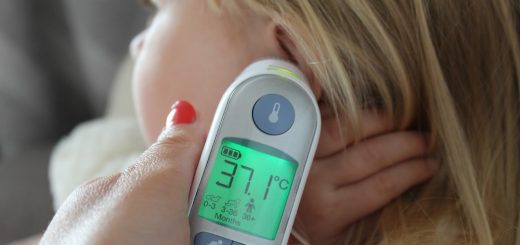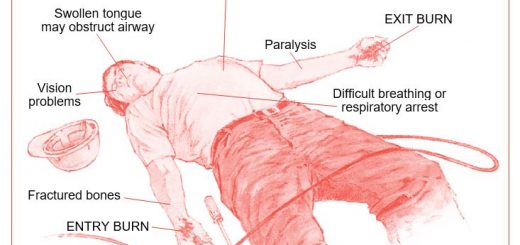What is First Aid? Definition of First Aid
All of us should be able to perform first aid because we will eventually find ourselves in a situation requiring it either for another or for ourselves. The risk of injury while travelling, working, or playing is so great that most people sustain a significant injury at some time during their lives. One in four people suffers a nonfatal injury serious enough to need medical attention or activity restriction for at least a day.
First aid is the immediate care given to the injured or suddenly ill person.
First aid does not take the place of proper medical treatment. It consists only of giving temporary assistance until competent medical care, if needed, is obtained, or until the chance for recovery without medical care is ensured.
Most injuries and illnesses require only first aid care. Properly applied, first aid may mean the difference between life and death, rapid recovery and long hospitalization, or temporary disability and permanent injury.
First aid involves more than doing things for others; it also includes the things that people can do for themselves. The decision to help in most cases is strictly a moral one and is not usually required by law. However, you may find yourself in a situation that requires you to give first aid (known as a ”duty to act”). Such “duty” may be a part of your employment (i.e., lifeguard, park ranger, school teacher, athletic trainer, firefighter). Another situation that requires you to give first aid is when you have a pre-existing relationship (i.e., parent, automobile driver) demanding you to be responsible for the victim.

Fear of a lawsuit has made some people wary of getting involved in an emergency situation, even though Good Samaritan laws exist. First aiders rarely are sued, and of those who are, courts usually rule in their favour. Good Samaritan laws cover medical personnel and have been expanded in several states to include laypersons serving as first aiders. These laws say that if you help in an emergency when it is not your “duty,” you cannot be held guilty of negligence unless what you did was so deviant that it departed from all rational first aid guidelines.
Another concern is getting the victim’s consent. Most of the time, consent is clear-cutan injured person does not refuse help or, if asked by the first aider if he or she can help, the injured person says yes. If a situation involves a person needing but refusing help, it is best to call the police because in most locations the police can place a person in protective custody and require him or her to go to a hospital.
Another situation happens when a minor (person under the legal age) is injured and parents or guardians are not readily available. It is “implied” that a parent or guardian would give consent for a first aider to render help without their expressed consent.
Want to learn more about first aid? Check out our range of free online first aid courses.






Thank you very much for your information and the website,